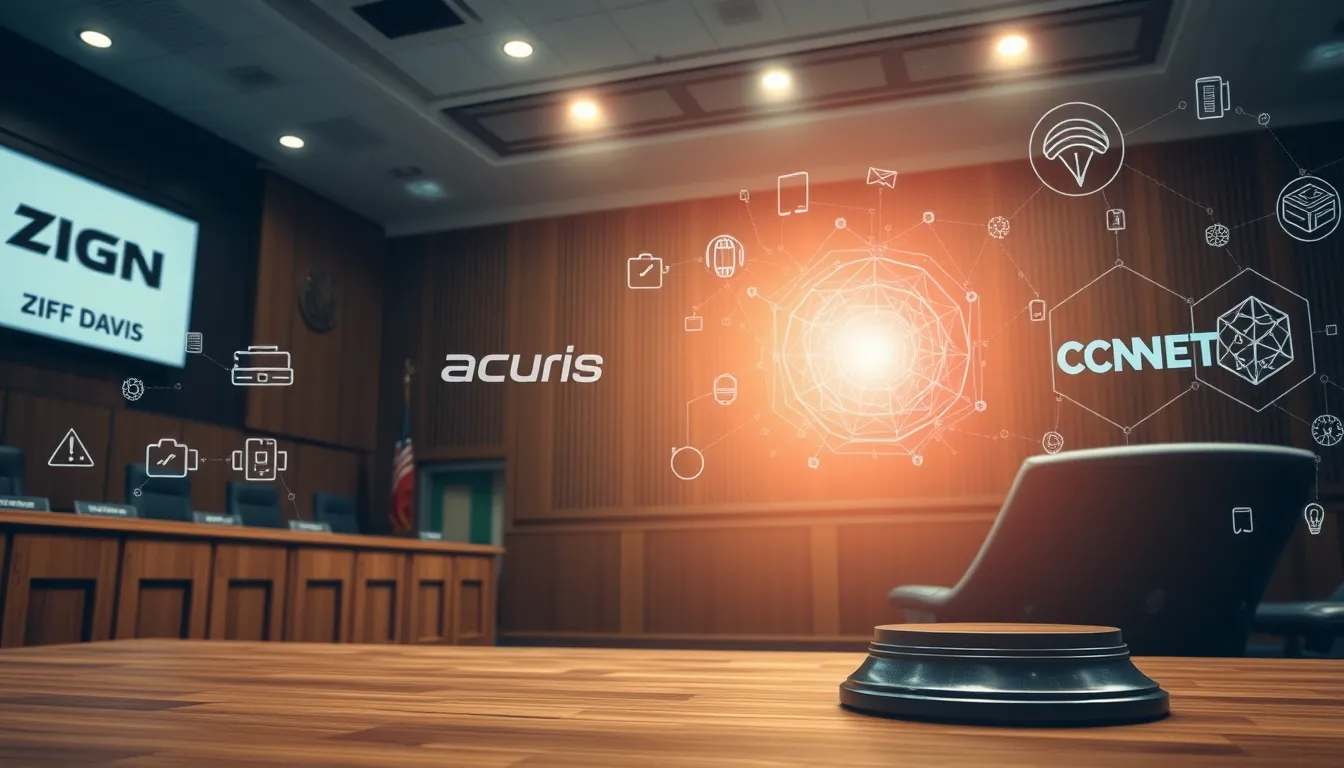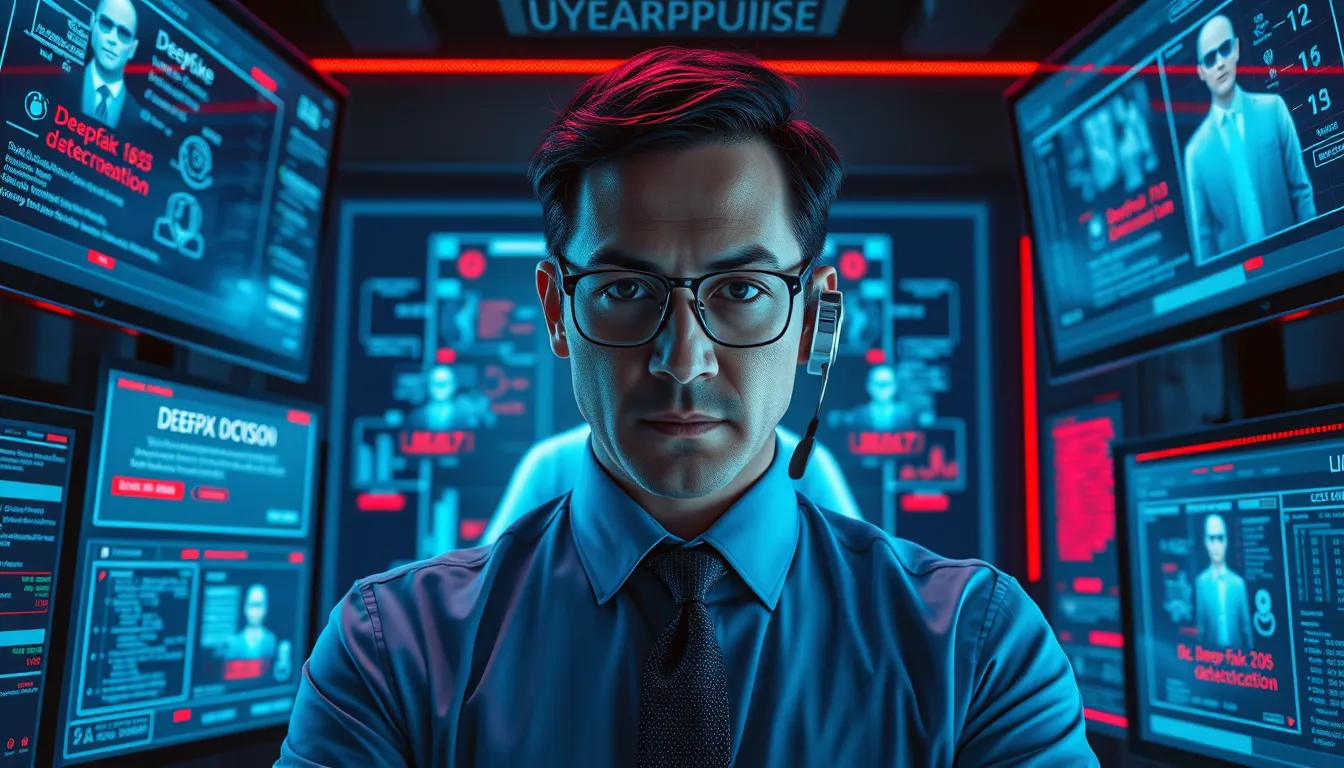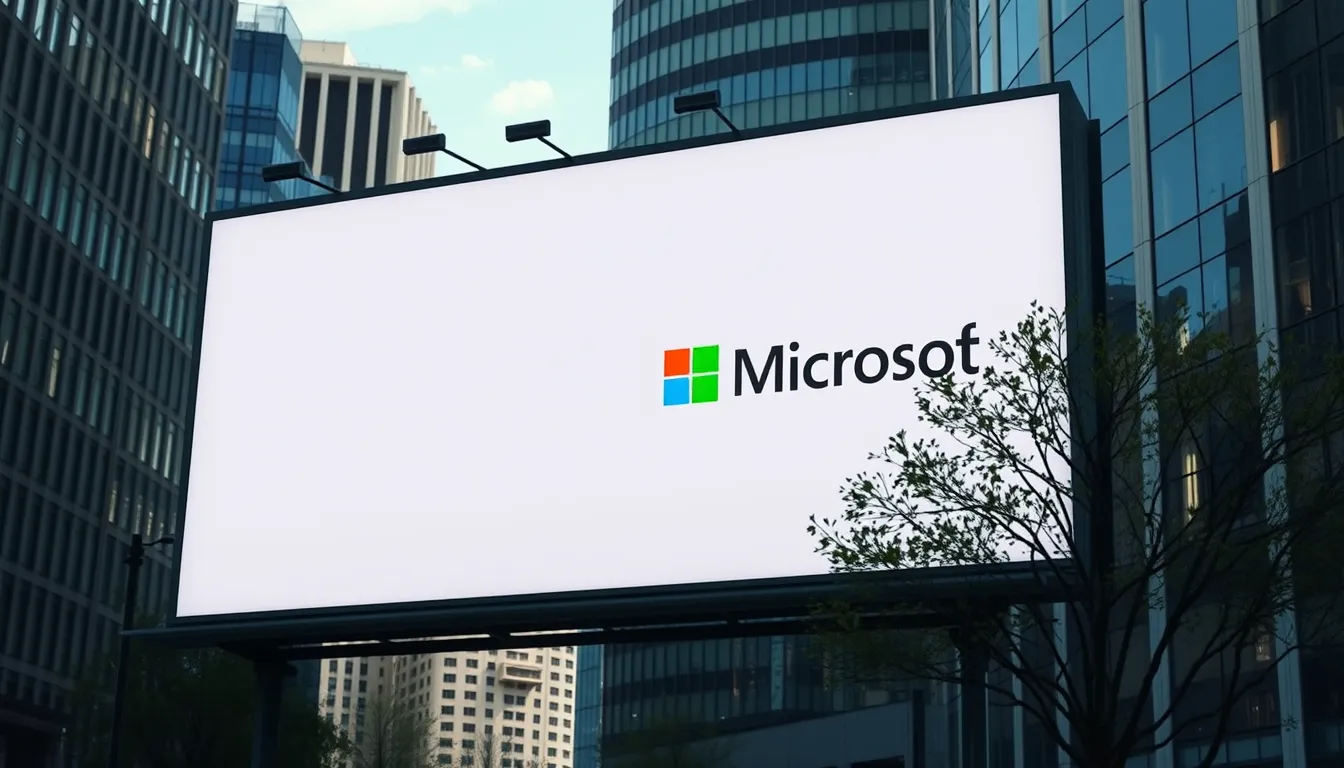Now Reading: Ziff Davis vs OpenAI: Copyright Infringement Battle
-
01
Ziff Davis vs OpenAI: Copyright Infringement Battle
Ziff Davis vs OpenAI: Copyright Infringement Battle

Ziff Davis vs OpenAI: Copyright Infringement Battle
In a groundbreaking case that has captured the attention of the tech and media industries, the recent legal action between Ziff Davis and OpenAI is setting the stage for a new era in digital content rights. This article takes an in-depth look into the controversy surrounding the alleged copyright infringement in AI, discussing its potential impacts on digital content ownership and the broader tech media legal battle.
Background of the Legal Dispute
The controversy began when Ziff Davis, the parent company behind well-known tech brands like IGN, CNET, and PC Magazine, accused OpenAI of unauthorized use of its copyrighted material. According to court documents, Ziff Davis alleges that OpenAI engaged in AI content scraping by repurposing its valuable digital content without proper compensation or licensing. This situation has sparked significant debates about the legal implications of AI training on copyrighted content.
For more context on Ziff Davis, you can visit their official website at Ziff Davis. Meanwhile, readers interested in OpenAI’s work are encouraged to explore their site at OpenAI.
Core Issues and Industry Impact
The case, which centrally revolves around the dispute of copyright infringement in AI, highlights several important legal and ethical questions:
- How does the unauthorized extraction and repurposing of digital content affect intellectual property rights in the AI era?
- What are the broader implications for digital content ownership as media companies continue to produce exclusive content?
- Can clear legal frameworks be established to regulate AI content scraping and the use of copyrighted materials?
These questions are critical as the focus keyphrase, Ziff Davis lawsuit and OpenAI copyright infringement, illuminates the inherent tensions between rapid technological advancements and long-standing intellectual property laws.
Digital Content Ownership and the Legal Framework
The legal battle is not solely about one incident – it challenges the very foundation of how digital content is regulated on the internet. With the rise of AI, there is an urgent need to reassess how intellectual property rights are enforced. One of the central concerns is the potential for AI-driven applications to bypass conventional licensing agreements, thereby undermining the financial sustainability of media organizations.
Key aspects of these legal challenges include:
- The legal implications of AI training on copyrighted content: Legal experts believe that this case could serve as a precedent in redefining permissible data usage in AI development.
- The impact of AI on digital content licensing: As companies harness enormous datasets to fuel innovation, questions arise about whether the current licensing models adequately compensate original content creators.
- The challenge of balancing innovation with regulation: While AI proponents emphasize rapid technological progress, critics argue that without proper legal structures, traditional media faces severe economic threats.
Broader Implications for the Tech Media Landscape
This lawsuit is a sign of a larger shift within the tech media landscape. Traditionally, media companies have maintained strict control over their content to protect their intellectual property rights. However, technological advancements have rendered these controls less effective. The battle over copyright infringement in AI not only affects the companies involved but sends a ripple effect throughout the media industry.
Industry insiders suggest that if Ziff Davis prevails in this legal battle, it could encourage other companies to take action against what they consider to be unfair practices. This potential domino effect may lead to:
- A reevaluation of digital content licensing arrangements.
- The establishment of new legal frameworks to regulate AI content scraping effectively.
- Increased transparency in how AI models are trained on copyrighted material.
Furthermore, the case raises important questions about the future of intellectual property rights in an era increasingly defined by digital innovation. It becomes evident that a balanced approach is needed – one that allows for technological progress while ensuring that creators are duly rewarded for their work.
What This Means for the Future of AI and Legal Regulations
The unfolding legal drama between Ziff Davis and OpenAI is a pivotal moment for both the tech industry and the legal system. As the battle continues, stakeholders are watching closely to see whether existing laws will be amended or entirely new regulations will emerge. The outcome could redefine how AI firms operate, compelling them to prioritize lawful practices in their data acquisition strategies.
In conclusion, the Ziff Davis lawsuit and OpenAI copyright infringement case is more than just a legal skirmish – it is a landmark event that could transform digital content ownership and shape future legal frameworks in the tech industry. As the world of artificial intelligence evolves, the balance between fostering innovation and protecting intellectual property rights will remain a central concern. Legal experts, media companies, and technology developers alike must navigate this intricate landscape to establish a fair and sustainable digital future.
With renewed focus on these complex legal issues, this case offers essential insights into the challenges and opportunities at the intersection of technology and law. It serves as a catalyst for necessary discussions about the future of AI, digital content licensing, and how we safeguard the rights of content creators in a rapidly changing digital world.

























